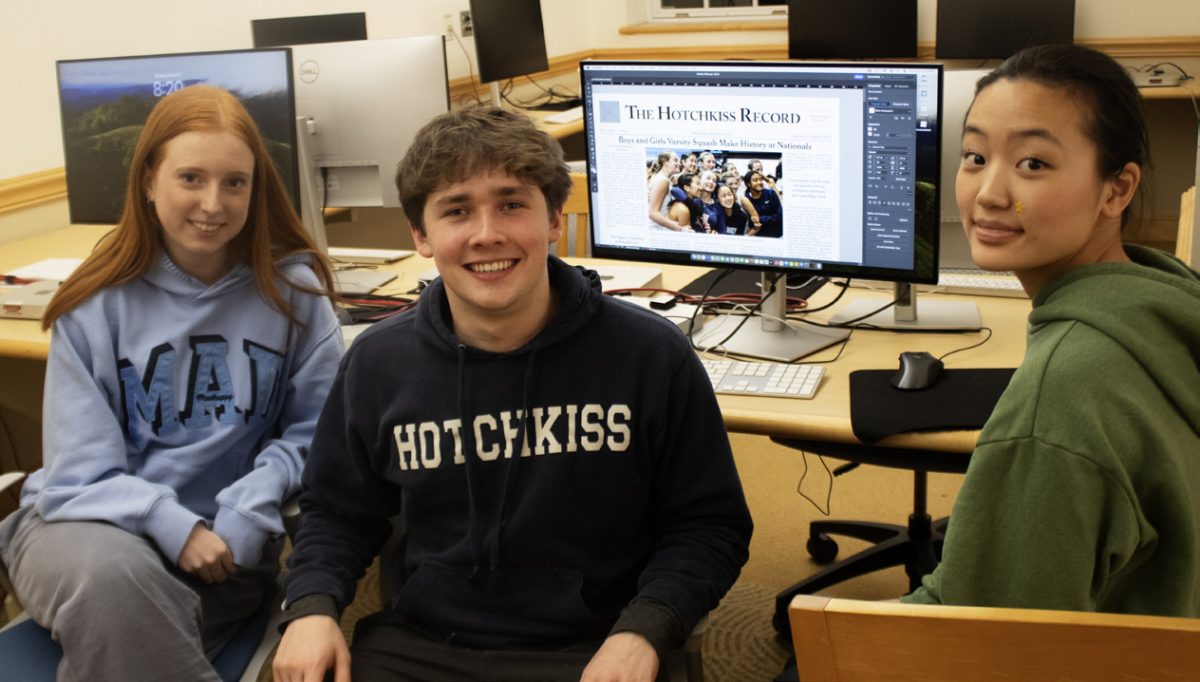Last week, the University of Pennsylvania, a school, which unlike many of its Ivy League colleagues never imposed a quota on Jewish admission, erupted into controversy over the “Palestine Writes” literature festival. While there is categorically nothing wrong with a festival devoted to Palestinian culture or discussion of Palestine, the list of invited speakers reveals something more concering.
Roger Waters, the former Pink Floyd singer, whom the U.S. State Department has stated has “a long track record of using antisemitic tropes,” and who performed in a Nazi-style outfit during a Berlin concert this May, is a keynote speaker. Mr. Waters is neither Palestinian nor an expert in any form of literature.
Other speakers include professors who, according to the American Jewish Committee, have celebrated or endorsed acts of terrorism against the State of Israel and Jewish people. After the Penn administration denied any association with the festival, its organizers alleged a “conspiracy” against them by “highly funded, connected, and organized Zionist organizations” (a common antisemitic canard). On September 22, The Daily Pennsylvanian reported that the Penn Hillel building was vandalized by a community member shouting “antisemitic obscenities.” A swastika was also found spray-painted in an academic building.
The Anti-Defamation League, a nonprofit that works to eliminate hate in all forms reported that, in 2022, antisemitic incidents increased by more than 36% to the highest level since the ADL started keeping track in 1979. Incidents on college campuses increased by 41% and almost doubled at elementary, middle, and high schools. Both last week’s incidents at Penn and the larger nationwide rise in general antisemitism should alarm, and they make clear the need for an immediate push for more awareness.
Hotchkiss is not removed from this issue. In 2019, after a series of antisemetic incidents on campus, the school invited Dr. Sian Charles-Harris, a representative of the ADL, to discuss hate and how students can fight back. The incidents included the use of antisemitic gestures and symbols that many brushed off as “humorous,” thereby trivializing the history of hate behind them, and, more seriously, reports of harassment of Jewish students.
In the past four years, we have made fighting racism a central point of campus dialogue, which has been a great tool for building awareness and inclusivity. The same emphasis should apply to antisemitism and other forms of discrimination and hate. Last year, for International Holocaust Remembrance Day, the school had no required all-school programming. (There was an optional ceremony involving the reading of the names of the victims of the Holocaust during the school day).
It also should not fall to Jewish members of the community to produce all programming related to their identity on campus. Education about hate should be proactive, not just a reaction to incidents as they occur. An effective DEI program works by fostering a community where everyone feels like they belong. This year, the school has an opportunity to build an even stronger and more inclusive climate for each and every student.



